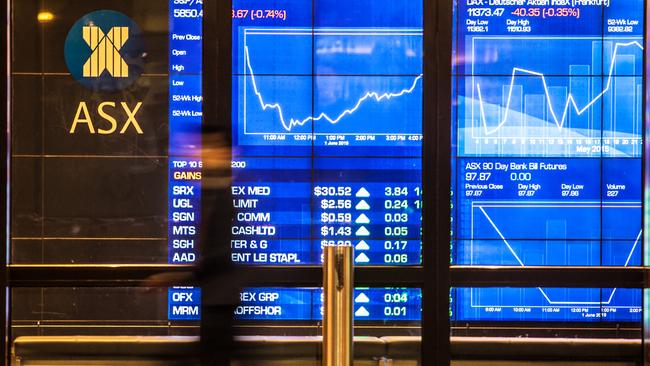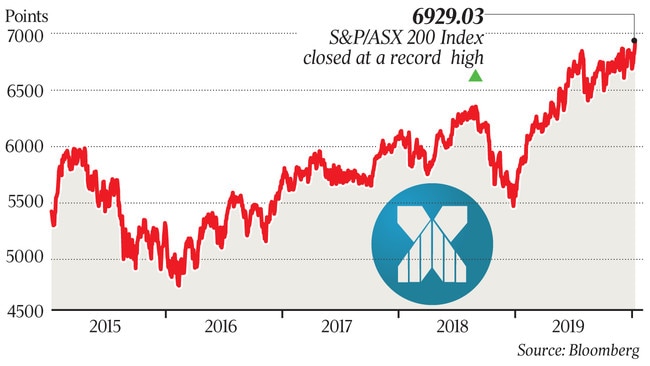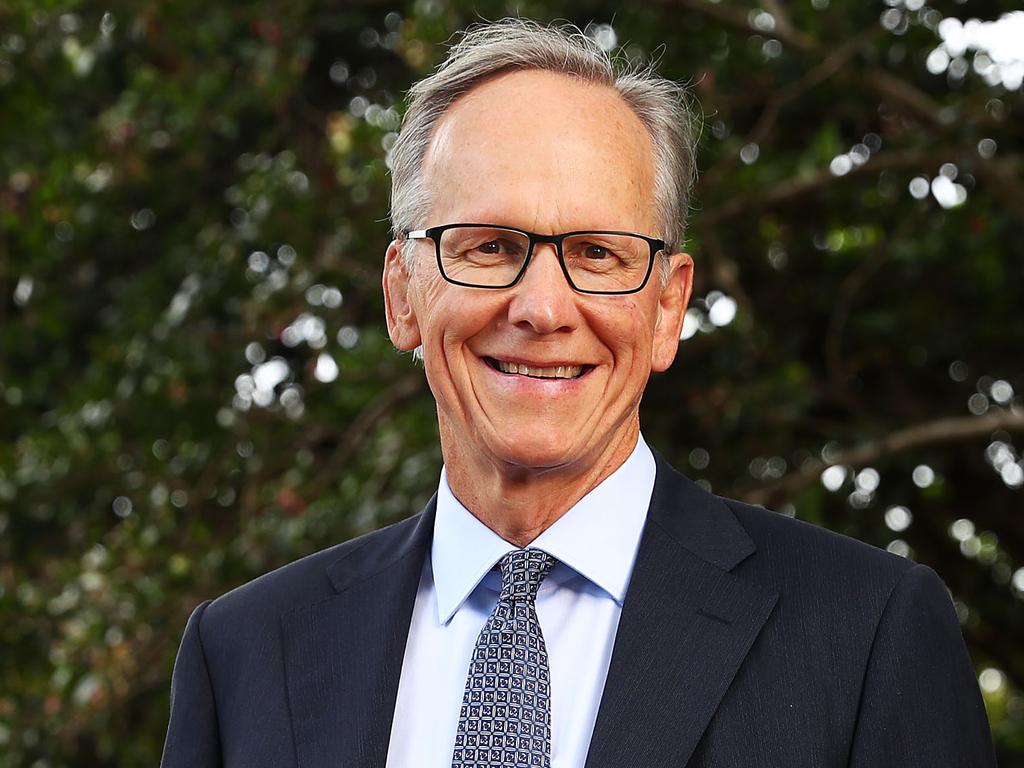Shares hit record high on the road to 7000 points
Australian shares have powered to a record high amid surging global markets.

Australian shares have powered to an all-time high amid surging global markets as investors continued to discount geopolitical risk after the de-escalation of US-Iran tensions this week.
The benchmark S&P/ASX 200 share index surged 196 points, or 2.9 per cent, to a record-high close of 6929 points this week, breaking the previous record of 6893.7 it reached five weeks ago.
CSL was particularly strong, jumping 2.8 per cent to a record high of $299.30 a share on Friday.
CBA rose 1.2 per cent to $82.50 a share, its best daily closing price since July 30th.
Coles shot up 2.9 per cent to a five-week high of $15.66, Woolworths rose 1.6 per cent to $37.82, Telstra jumped 1.3 per cent to $3.85 and Brambles rose 1.3 per cent to $12.10.
Apart from CSL, other stocks hitting record highs on Friday included Wesfarmers, James Hardie, Magellan Financial, JB Hi-Fi, ResMed, Domain and carsales.com.
After surging 18 per cent last year — its best since 2009 — the Australian market is starting the year with a bang. The 2.9 per cent rise in the ASX 200 in the past week was its best in 11 months.
The legacy All Ordinaries index closed above 7,000 for the first time, finishing up 50.5 points, or 0.72 per cent, at 7,041.9 points.
However, while geopolitical risk certainly receded after Iran’s retaliation for the US assassination of General Qassam Soleimani the previous week proved harmless, and subsequent comments from Iranian and US officials showed little appetite for direct military confrontation, markets in the US and Australia pushed to higher levels than they were trading at before the killing of Soleimani.
Improving global growth and still-easy monetary conditions should drive reasonable investment returns through 2020 but they are likely to be more modest than the double-digit gains of 2019, as the starting point of higher valuations for shares and geopolitical risks are likely to constrain gains and create some volatility.
“Australian shares are likely to do OK this year but with total returns also constrained to around 9 per cent given sub-par economic and profit growth,” said Shane Oliver, head of investment strategy and chief economist at AMP Capital.

But while US non-manufacturing ISM and ADP employment data beat expectations, there was no significant improvement in the outlook for the Australian economy or earnings this week.
Severe bushfires may have increased the chance of monetary or fiscal stimulus, but the market-implied chance of a rate cut next month actually fell to 42 per cent from 49 per cent a week ago.
With the local bourse surging despite minimal improvement in earnings per share estimates for the next 12 months, the forward PE ratio of the ASX 200 hit a record high of about 17.8 times.
Compared to its long-term average PE ratio of about 14 times, the local market’s valuation now looks unsustainable barring further significant stimulus.
At the same time the forward dividend yield of the index has hit a decade low of 4 per cent — still high relative to the yields available from cash deposits and bonds, but not much of a buffer against the risk of the capital losses that could be associated with persistently weak earnings or recession.
In many ways the unexpected surge in the Australian market this week looks like a “melt-up”.
No doubt some buyers took advantage of the 2 per cent dip in the market after Christmas and there’s no sign of the rally ending after it burst through the previous record highs.
But speculative stampedes of buyers rushing in due to fear of missing out on gains — rather than fundamental improvements in the outlook for the economy and earnings — are not healthy.
Indeed, while the market doesn’t have a negative catalyst for now, when share prices surge from elevated valuations, as they have done this week, it can be a precursor to a “meltdown”.
The focus early next week will be on the US non-farm payrolls data due out overnight.
In that regard, markets are certainly priced for another “Goldilocks” outcome. “Greater than expected jobs growth, coupled with subdued wage pressures, is the magic combination, and if realised, ought to provide another small tailwind to risk assets,” said IG market analyst Kyle Rodda.
“On the one side, fundamental growth needs to remain robust, to keep recession fears at bay.
“On the other side, inflation risk needs to stay minimal, so not to coax central bankers out of their present neutral, but stimulatory, policy stance.
“Should the jobs data deliver the goods, it’ll invite greater hopes that this charge higher in global indices can be sustained, even in light of stretched valuations, and the lack of sufficient confirmation.”







To join the conversation, please log in. Don't have an account? Register
Join the conversation, you are commenting as Logout